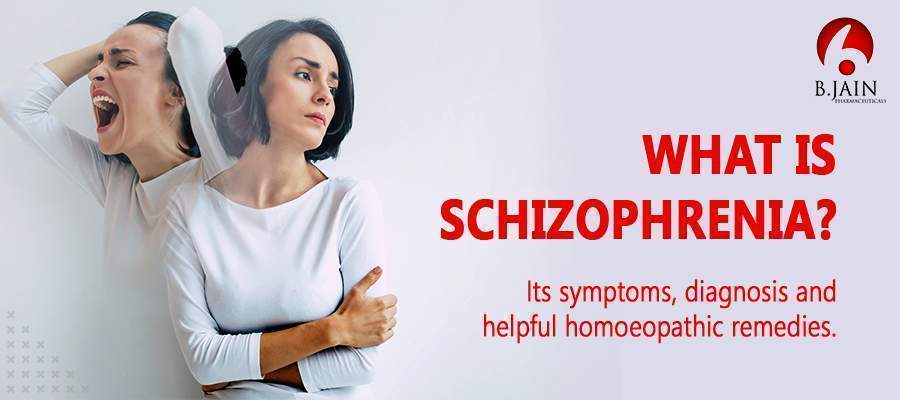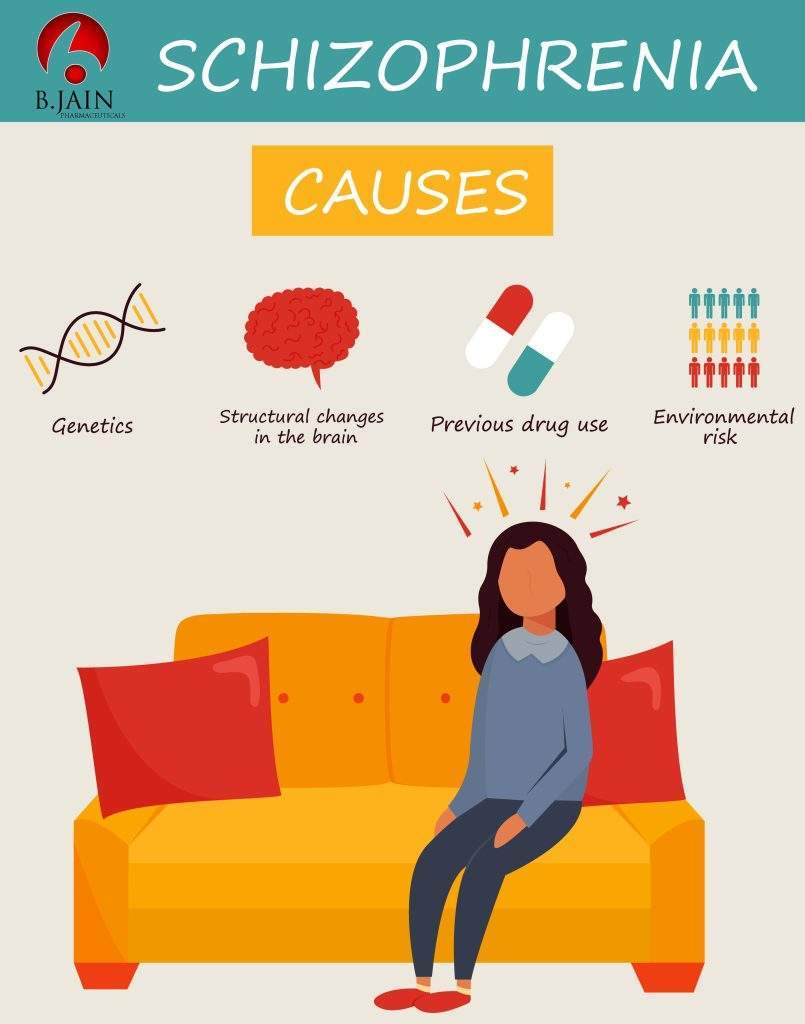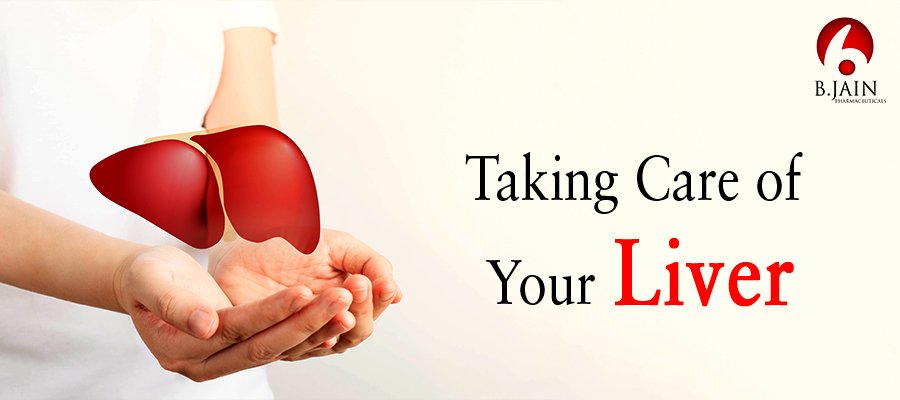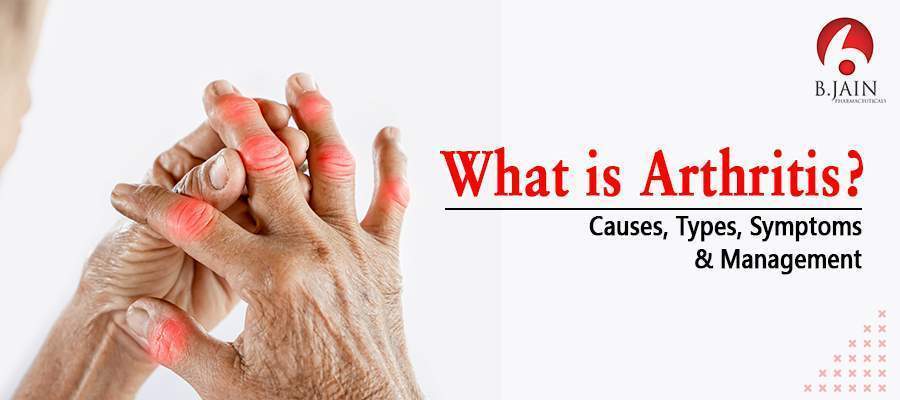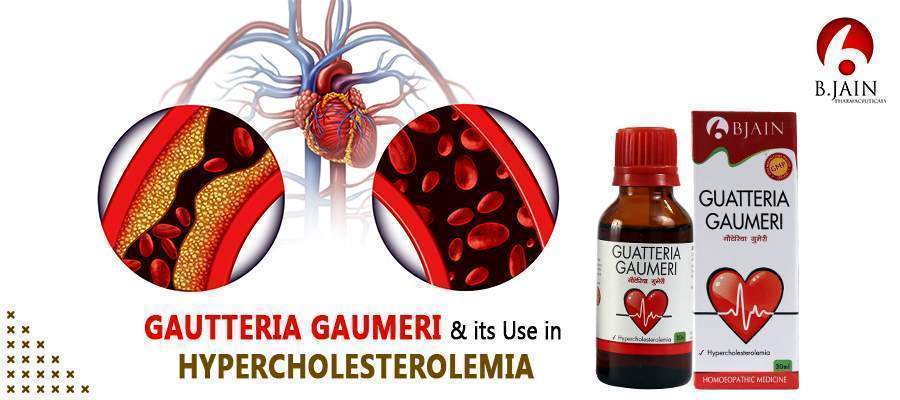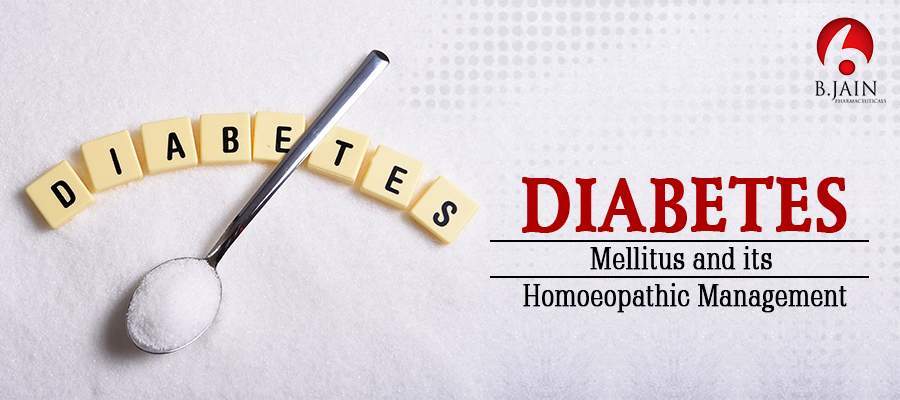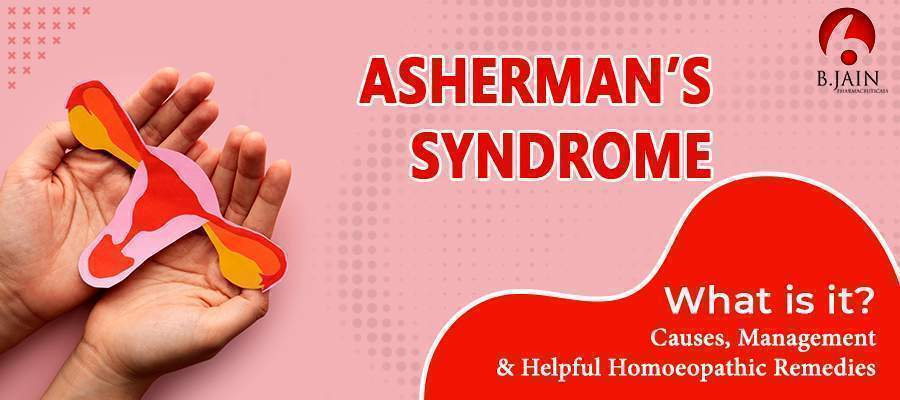Schizophrenia is a psychiatric disorder that is chronic in nature and changes the way a person feels, thinks and perceives reality. It is not a very common mental disorder as it exists in only 1% of the entire population but is the most debilitating one.
It is often confused with Bipolar Disorder which is a different mental health issue and presents as phases of mania and depression instead of pure psychosis as is seen in Schizophrenia. It is also different from Multiple personality disorder.
Some of the Early Symptoms of Schizophrenia include:
- Losing touch of reality
- Difficulty in forming healthy relationships
- Social withdrawal
- Difficulty in concentration
- Lack of sleep
- Temper flares
Symptoms are further classified into various types: Positive, Negative, Disorganized and Cognitive.

Diagnosing Schizophrenia:
A Psychiatrist, who is a specialist in diagnosis and treating mental illnesses, is required to diagnose a patient of Schizophrenia although the first people to identify the condition are often family members, friends, teachers or counsellors.
The Diagnostic and Statistical Manual of Mental Disorders (DSM)-IV classified it into 5 types: Paranoid, Catatonic, Undifferentiated, Disorganized and Residual Types. These were removed in the DSM-V as categories but features of these remain as the diagnostic factors. As per DSM-V, Schizophrenia is diagnosed in a person if they present with at least 2 of the following symptoms for over a period of 1 month:
- Delusions: These are strange or queer beliefs that one has and refuses to give up on despite clarifications. These can range from complexes such as Grandeur which makes the person think that they are very important or very rich or even Delusion of Persecution which makes them think that they are being followed or plotted against. Another such delusion is the Delusion of thought insertion in which one feels that thoughts are being put inside their head or the delusion of broadcasting in which they feel that their thoughts are being openly heard.
- Hallucinations: Hallucinations are defined as the condition of experiencing sensations that are not real. These can range from auditory hallucinations that involve hearing voices or commands to seeing and smelling things that are not there. It can also present as seeing things move in a way that they are not supposed to or feeling strange sensations on your body of things touching you that are not there.
- Disorganized Speech and Behavior: This involves a person talking in sentences that make no sense despite having normal cognitive functions, shifting topics in their conversations too quickly and writing excessively or without meaning. As behaviors it can also present as being very forgetful, losing things too often, repeating gestures or movements and having difficulty in basic comprehension. Difficulty in paying attention and making decisions is another symptom of the same.
- Catatonic Behavior: As goes the meaning of Catatonia, a state of immobility and stupor, it is a range of behavior in Schizophrenia in which the person refuses to speak to anyone, remains fixed in a single position for a long time and withdraws from regular life.
- Negative Symptoms: These include a reduced emotional expression. It can also present as a lack of energy, motivation and pleasure or interest in life. Poor hygiene and grooming habits can be its presenting symptoms.
At least 1 of the symptoms present must be delusions, hallucinations or disorganized speech for a diagnosis and must have an interference in the persons daily life.
One should be careful to rule out other causes of such behavior patterns ranging from substance abuse, medication induced or psychotic symptoms arising from health conditions such as endocrine, metabolic, autoimmune and temporal lobe dysfunctions, before confirming a diagnosis of Schizophrenia.
Comorbidities such as Depression, Anxiety and Substance Use Disorder can exist in up to more than half of the patients of Schizophrenia.
What are the causes of Schizophrenia?
The exact cause of Schizophrenia remains unknown but some factors can be contributing such as follows:
- Genetics: Schizophrenia is often seen in family members and hence a genetic predisposition can be the cause. Although the exact gene responsible has not been identified, recent studies by Evolutionary Biologists claim for the possibility of the existence of Dark Genome which is basically a region of the genetic material which is not usually recognized as genes but can still code for proteins. These hidden genes that are difficult to read are known as Novel Open Reading Frames or “nORF”s. These may also be the reason why Schizophrenia continues to exist steadily in 1% of the human population despite affecting reproductive fitness of a suffering individual and hence escaping from elimination by natural selection.
- Brain Functioning: It can also be a symptom of unregulated neurotransmitters that act as chemicals for brain functioning. They are responsible for normal functioning and processing of the brain and its circuits.
- Environmental: Stress factors, infections and exposure to drugs can trigger the disease in individuals. This is also the reason why Schizophrenia often first presents in teenage years when a person is undergoing drastic hormonal and physical changes.
Although Schizophrenia requires medical treatment under a Psychiatrist, many Homoeopathic remedies have been known to help in management of the disease.
It should be remembered that self-medication or medication on advise of an unqualified medical professional is highly discouraged and opposed. Please consult your medical practitioner before proceeding to take any of the remedies.
Some of the Helpful Homoeopathic Medicines for Schizophrenia are as follows:
- Anacardium Orientale: It is suited to patients who suffer from an impaired memory, diminution of senses, aversion to work, sensation of a plug or band in various parts of the body, fixed ideas and hallucinations of being possessed by two wills, delusion of persecution, melancholy, lack of confidence, clairaudience and very suspicious. There is an absence of moral restraint and a tendency to use foul and offensive language.
- Nux Moschata: It is suited to patients with a tendency to fainting fits, mental prostration after grief, staggering gait, confusion, feels as if in a dream like state or seeing the world through a veil. Delusion that the person has two heads instead of one.
- Hyoscyamus Niger: It is suited to patients who feel as if another force had taken over them and was preventing its normal functioning. Mania with obscenity and quarrelsome nature. Immodest actions, gestures, expressions, loquacity and jealousy. There is a persistent fear of being poisoned. Twitching, spasms, chorea, delirium tremens and obscenity. Person is very suspicious, inclined to laugh at everything, wants to run away, muttering speech, deep stupor and carphologia or lint picking in delirium.
- Absinthium: It is suited to patients who experience delirium with hallucinations and loss of consciousness. Chorea, tremors, nervousness and sleeplessness. Hallucinations with frightful visions, loss of memory, forgetfulness and difficulty in interacting with people. Person may be cruel by nature. It is also suited to patients of Kleptomania.
- Stramonium: It is a very good homeopathic medicine for symptoms of the mind such as delirium, absence of pain and mobility of limbs, loquacity and other continuous behaviors such as laughing, swearing, singing, praying, rhyming and beseeching. Hallucinations of ghosts and hearing voices. Violence and rapid mood changes from joy to sadness. Delusions about their own identity, thinks that they are tall, double or have missing parts. Unable to be alone or tolerate darkness. Desire to escape. Sight of glittering objects brings on spasms. Visual hallucinations that small objects look large, everything looks black and parts of the body appear swollen.
It is also important to note that Counselling, support from Family and Friends along with efforts by the patient to lead a regular and self-motivated life are of utmost importance to deal with mental health issues.
Read More our blog about – Asherman’s Syndrome- What is it? Causes, Management and Helpful Homoeopathic Remedies


